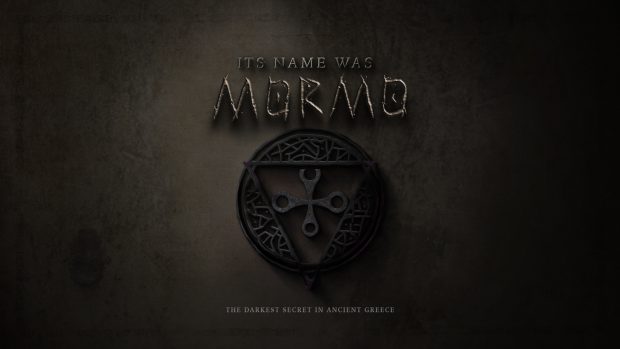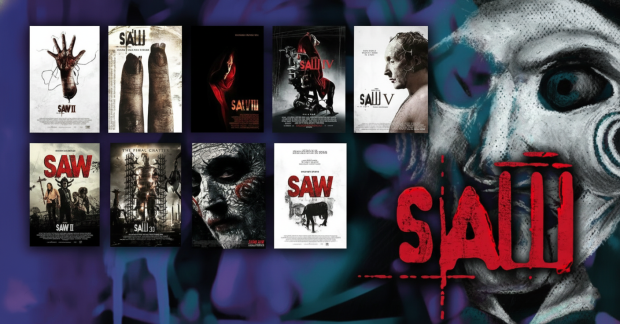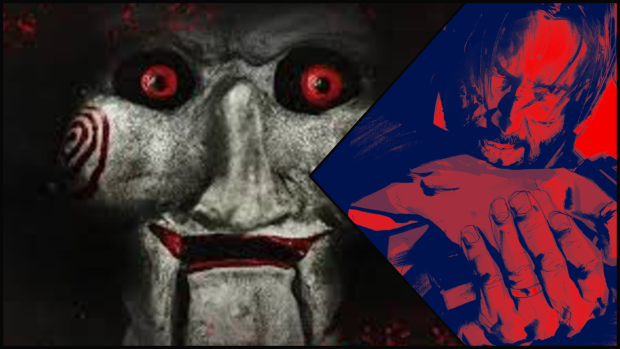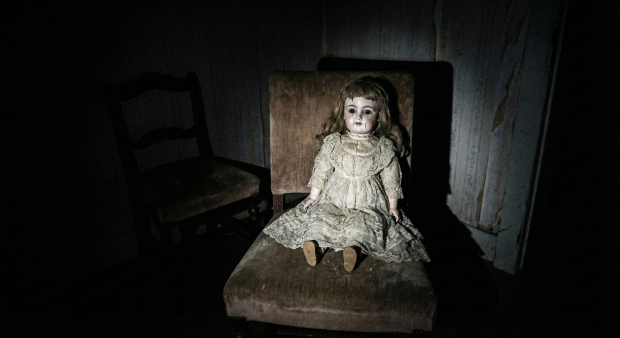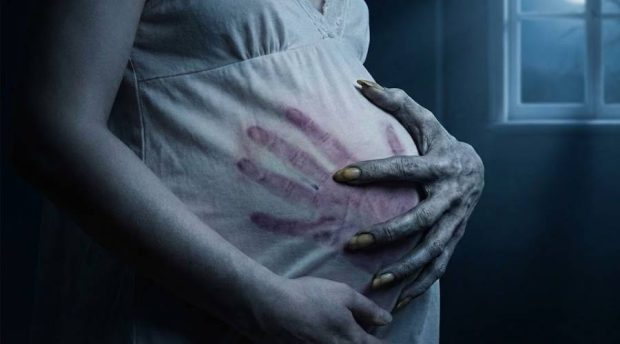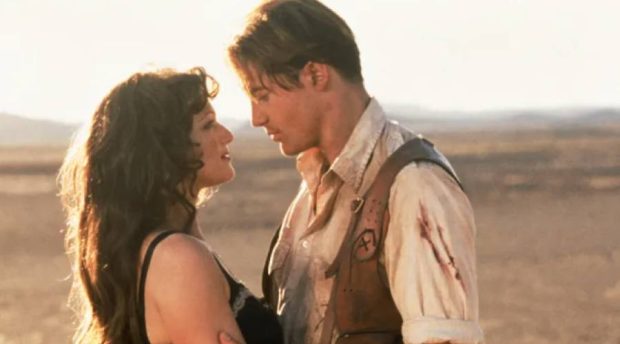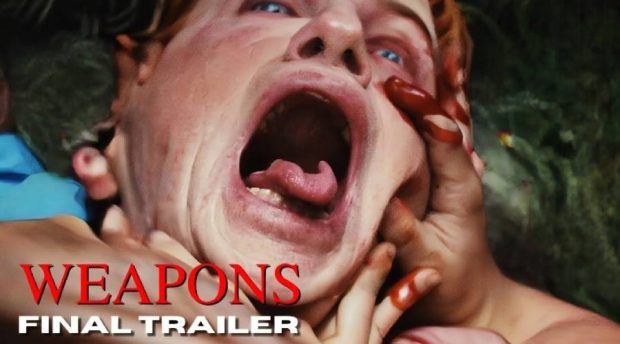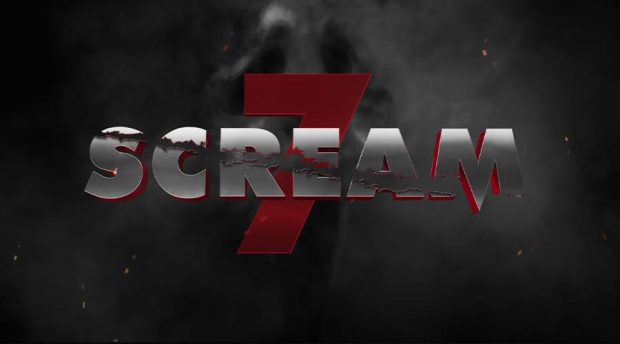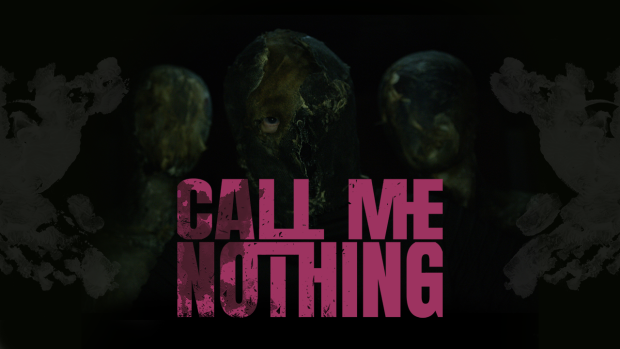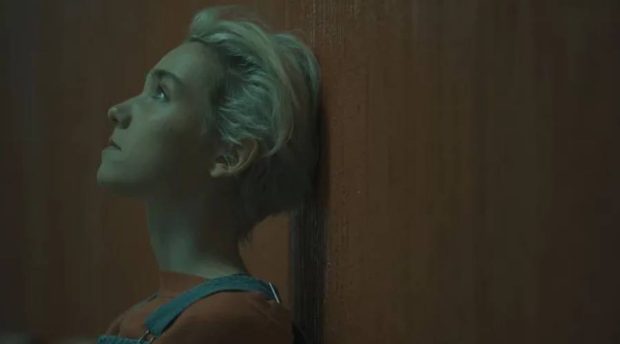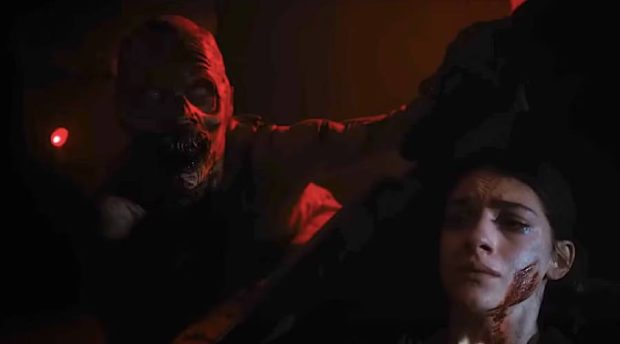
Ghostland – A Deeply Unsettling Journey into Trauma
If you’re a horror film enthusiast looking for a truly disturbing experience, then Ghostland (also known as Incident in a Ghostland) is a movie you absolutely shouldn’t miss. From its very first moments, the film immerses you in an oppressive and tense atmosphere that only intensifies as the plot unfolds. Despite a start that might feel familiar to veterans of the genre, Ghostland quickly sheds any clichés to forge its own identity, one that proves to be profoundly disquieting and uncomfortable.
The story of Ghostland revolves around Colleen (played by Mylène Farmer) and her two teenage daughters, Beth (Crystal Reed) and Vera (Anastasia Phillips), who inherit a remote rural mansion after the death of a relative. What begins as an opportunity for a new start quickly turns into a nightmare when, during their first night in the house, they are brutally attacked by a pair of sadistic and deranged intruders. Beth, the younger daughter and an aspiring horror writer, manages to escape relatively unscathed, while her sister Vera suffers devastating physical and psychological trauma.

Years later, Beth has become a successful horror novelist, her work clearly influenced by the horrors of her past. However, her relatively normal life is interrupted by a desperate call from her mother, who pleads with her to return to the mansion. It turns out that Vera, Beth’s sister, never truly recovered from the incident and continues to live with their mother in the house, trapped in a state of severe psychosis, constantly reliving the horrors of that night. Upon returning, Beth finds herself re-immersed in the trauma she tried to leave behind, and soon realizes that the reality within the mansion is far more complex and disturbing than she ever imagined. The line between reality and fantasy, sanity and madness, becomes blurred, leading the viewer down a path full of unexpected twists and shocking revelations.
What makes Ghostland stand out in the crowded landscape of horror cinema is its ability to create a constant state of tension. The film doesn’t rely on cheap jump scares or grand special effects. Instead, it builds its terror through atmosphere, immersion in the fractured psyche of its characters, and the raw portrayal of violence and trauma. Every scene feels charged with an ominous sense of dread, keeping the viewer on the edge of their seat. It is this capacity to generate tense and uncomfortable situations for the characters, and by extension for the audience, that truly elevates the film above average.

Personally, I was captivated by how the film explores the concept of trauma and how the human mind can attempt to escape an unbearable reality. The idea of constructing a different life, of creating a mental refuge to survive the unendurable, is a fascinating narrative element and, in this case, it’s executed with chilling mastery. This deep exploration of trauma, combined with a plot that remains consistently unpredictable, kept me completely hooked on the film from beginning to end. The director, Pascal Laugier, known for his work on the polarizing Martyrs, once again demonstrates his ability to handle dark themes and disturb audiences in ways that few filmmakers achieve.
In summary, Ghostland reaches levels of darkness that firmly establish it as an unsettling and uncomfortable horror film. It’s a cinematic experience that challenges you, disturbs you, and stays with you long after the credits have rolled. If you’re looking for a horror film that goes beyond the superficial and delves into the darkest corners of the human mind, this is undoubtedly an exceptional choice.



